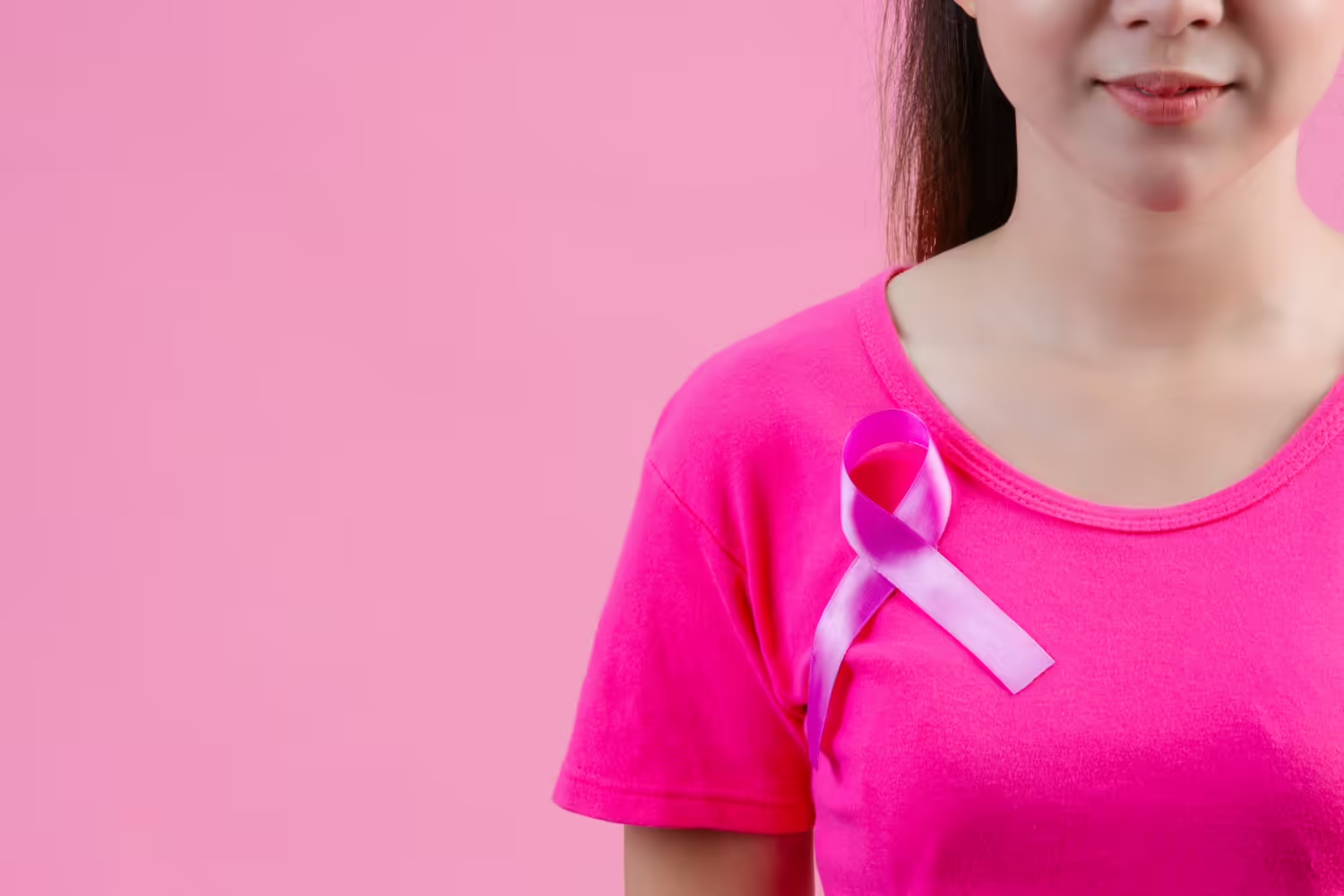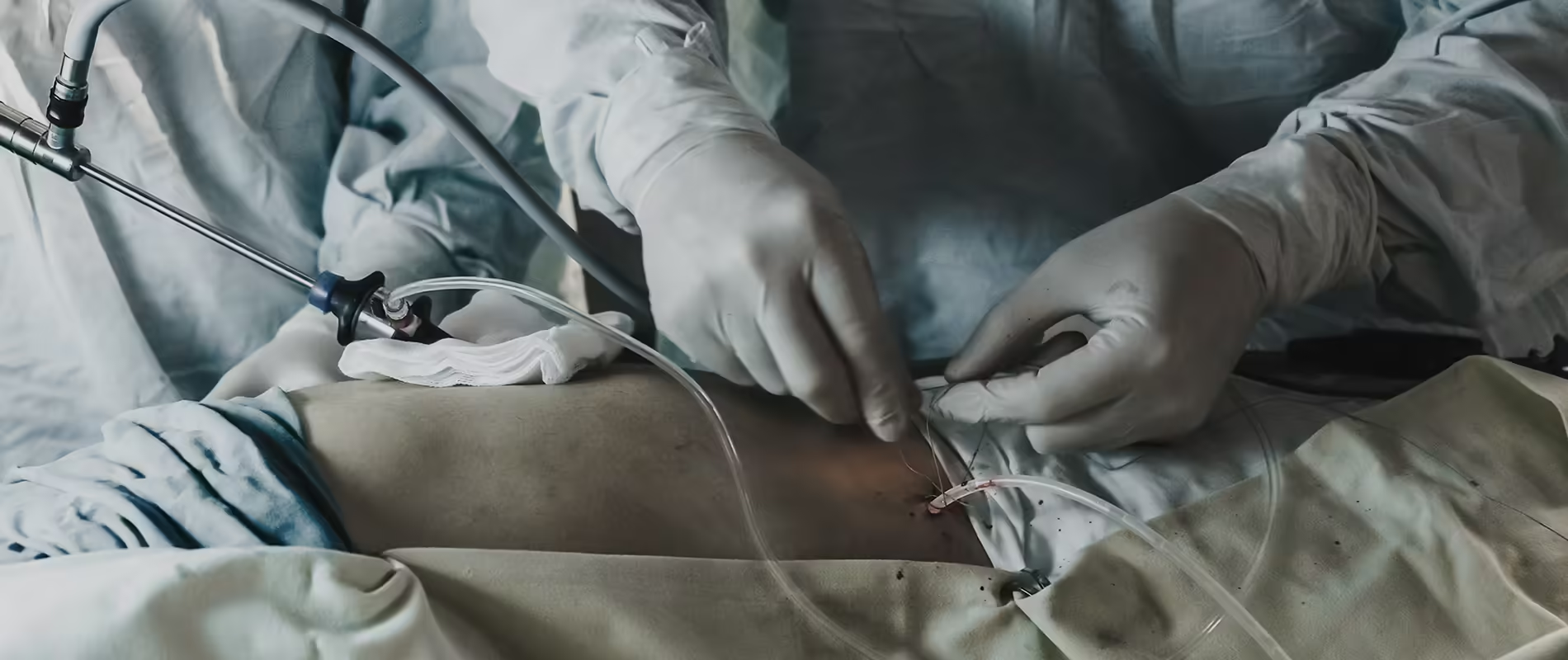
Breast cancer screening is the medical screening of asymptomatic, apparently healthy women for breast cancer in an attempt to achieve an early diagnosis.
Breast cancer found during screening examinations are more likely to be small and still confined to the breasts. The size of a breast cancer and how far it has spread are important factors in predicting the prognosis of the disease. Early detection and prompt treatment reduce the risk of death from breast cancer.
The different methods for breast cancer screening are
- Breast self-examination
- Clinical breast examination
- Mammogram
- MRI
- Genetic screening
1. Breast Self Examination
It is a process through which the woman can do her self-check-up to look for changes in the breast tissue. However, it is not a substitute for other breast screening methods.
Best time to do breast self examination
3-5 days after the period starts. This should be done every month at the same time as the hormonal variation that takes place during the menstrual cycle can also cause changes in the breast.
If you have attained menopause, do this on the same date every month.
How to do breast self-examination
- Stand in from of the mirror with your upper part of the body exposed.
- Look for signs of swelling, dimpling, or redness on or near the breast area.
- Repeat the same in different positions by placing hands on lips and arms overhead.
- Palpate your breast with your finger.
- Palpate the area under the armpit.
- Squeeze nipples to check the presence of any changes.
Visit a doctor if found
- A limp in the breast or underarm area.
- Darkening or redness of the breast.
- Alteration in size or shape of breast.
- Scaly rashes on the nipple.
- Nipple discharge.
- Pain in the breast area.
- Dimpling or puckering of the skin on the breast.
Breast self-examination is the most popular yet least effective method of screening.
2. Clinical Breast Examination
This method involves getting the breast thoroughly examined by a doctor. The result of the screening might not be definite and the patient might be asked to get further test to get a courlusive diagnosis.
3. Mammography
Most reliable and beneficial method of breast screening and it is highly recommended for women above 40 years.
The breast is pressed between two plates to flatten and spread the tissue. It produces a picture of the breast tissue.
Screening mammograms once a year after the age of 40 unless she has a strong family history. If there is a family history of the disease, we should start a mammogram 10 years earlier than the youngest age of her affected relative.
4. MRI
At this time there is not enough evidence to make a recommendation for or against yearly MRI Screening for women.
5. Genetic Screening
Most females who develop breast cancer have no family history of disease. But for these, families without the disease, the development of this same is due to the inheritance of an abnormal gene high risk of cancer.
What is Breast cancer genetic testing?
It is a screening method that helps the woman learn about the likelihood of getting affected by this disease. This testing generally checks for the presence of abnormal genes BRCA, and BRCA2 genes amongst women. These 2 genes are associated with the inheritance of breast cancer.
BRCA and BRCA2 are present in every individual, but only the abnormalities and mutations in these genes increase the chance of breast cancer. However, just the presence of these abnormalities doesn’t guarantee the diagnosis of cancer.
How is genetic testing helpful?
If the test is positive, they need not panic. This can be used as a motivational factor to make the necessary lifestyle changes to reduce the risk of cancer development.
- They can be offered more frequent and elaborate screening.
- Hormonal therapy.
- As an extreme step for prevention, we can offer protective surgery, which involves the removal of both breasts.
- Best Gynecologist in Dubai : Dr Safeena Anas







